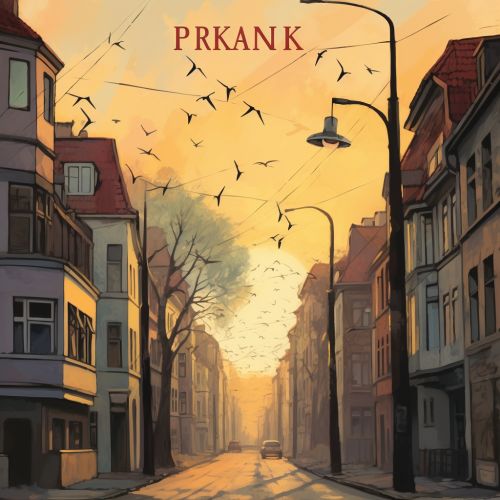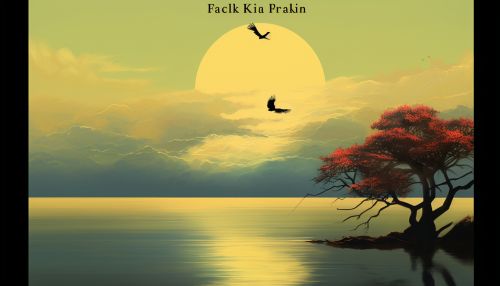Polish literature
Early Polish Literature
The origins of Polish literary tradition can be traced back to the 10th century, with the Christianization of Poland. The earliest known Polish text is the Bogurodzica, a hymn whose author remains unknown. The Bogurodzica is a unique example of the religious poetry that was prevalent during the Middle Ages in Poland.
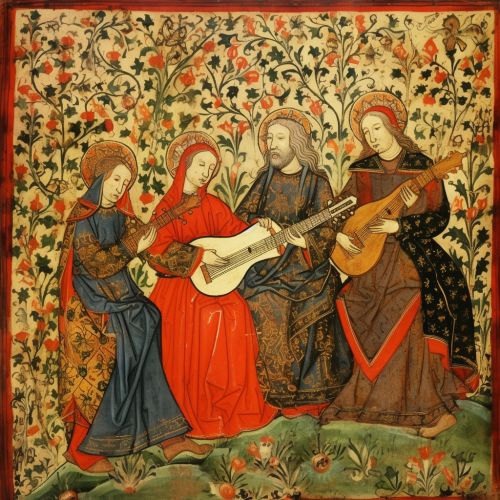
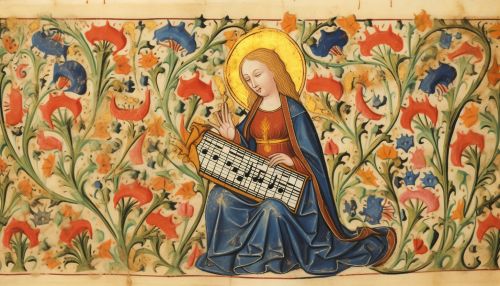
Middle Ages
The Middle Ages in Poland were a period of both religious and secular literature. The religious literature of the time was primarily written in Latin, while the secular literature was written in Polish. The most famous work of this period is the Statutes of Casimir the Great, a legal code that was written in the 14th century.
Renaissance
The Renaissance was a period of great cultural and intellectual growth in Poland. Polish literature flourished during this time, with the works of writers such as Mikołaj Rej and Jan Kochanowski gaining prominence. Kochanowski's Frascas and Laments are considered some of the finest examples of Polish Renaissance literature.
Baroque
The Baroque period in Polish literature was characterized by emotional intensity and a strong use of metaphor. The most notable Polish Baroque writer was Jan Andrzej Morsztyn, who is known for his lyrical poetry.
Enlightenment
The Enlightenment brought a new wave of rationalism and empiricism to Polish literature. The leading figure of this period was Ignacy Krasicki, whose works such as Fables and Parables and The Adventures of Mr. Nicholas Wisdom are considered classics of Polish literature.
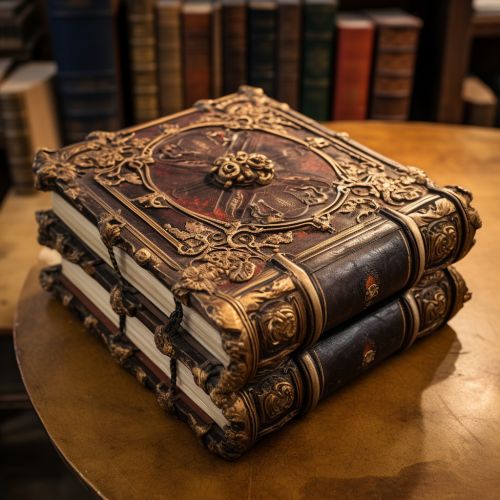
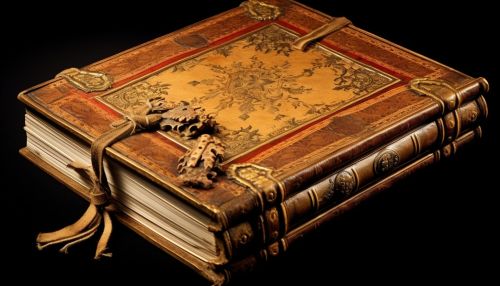
Romanticism
The Romantic period in Poland was a time of national awakening and a renaissance of Polish literature. The most famous Polish Romantic writers were Adam Mickiewicz, Juliusz Słowacki, and Zygmunt Krasiński, who are known as the "Three Bards". Mickiewicz's Pan Tadeusz is considered the national epic of Poland.
Positivism
The Positivist period in Polish literature was marked by a focus on realism and the promotion of practical knowledge. The most notable Polish Positivist writer was Bolesław Prus, whose novel The Doll is considered a masterpiece of Polish literature.
Young Poland
The Young Poland period was a time of artistic experimentation and the breaking of traditional literary forms. The most famous writer of this period was Stanisław Przybyszewski, who is known as the "father of modern Polish drama".
Interwar Period
The Interwar period was a time of great literary activity in Poland. The most notable writers of this period were Witold Gombrowicz, Bruno Schulz, and Stanisław Ignacy Witkiewicz, who are considered some of the most original voices in Polish literature.
Post-War Literature
The post-war period in Polish literature was marked by the influence of communism and the struggle for artistic freedom. The most notable post-war Polish writers were Czesław Miłosz, Wisława Szymborska, and Tadeusz Różewicz, who are considered some of the greatest Polish poets of the 20th century.
Contemporary Polish Literature
Contemporary Polish literature is diverse and vibrant, with writers such as Olga Tokarczuk, Andrzej Stasiuk, and Dorota Masłowska making significant contributions to the global literary scene.
